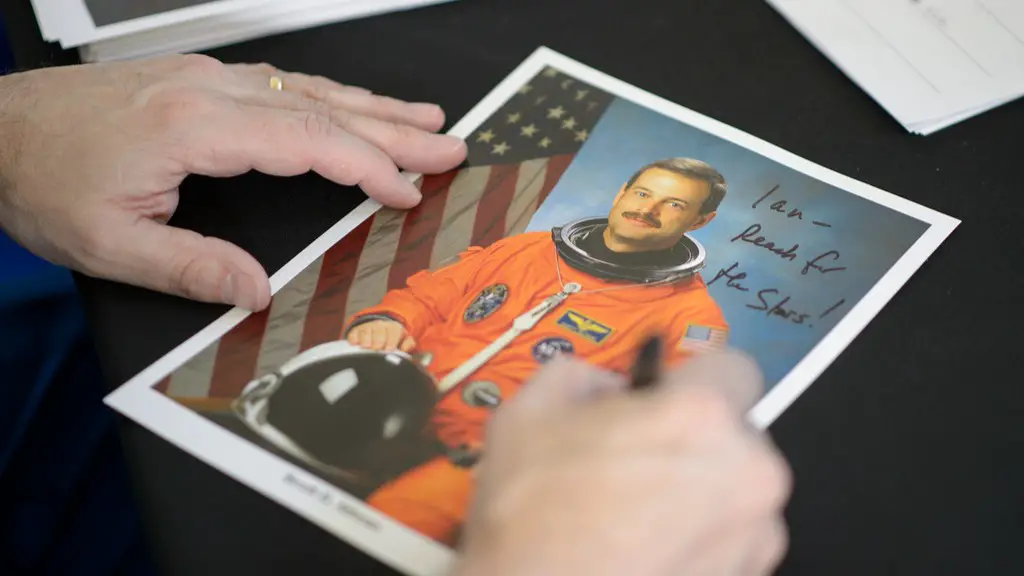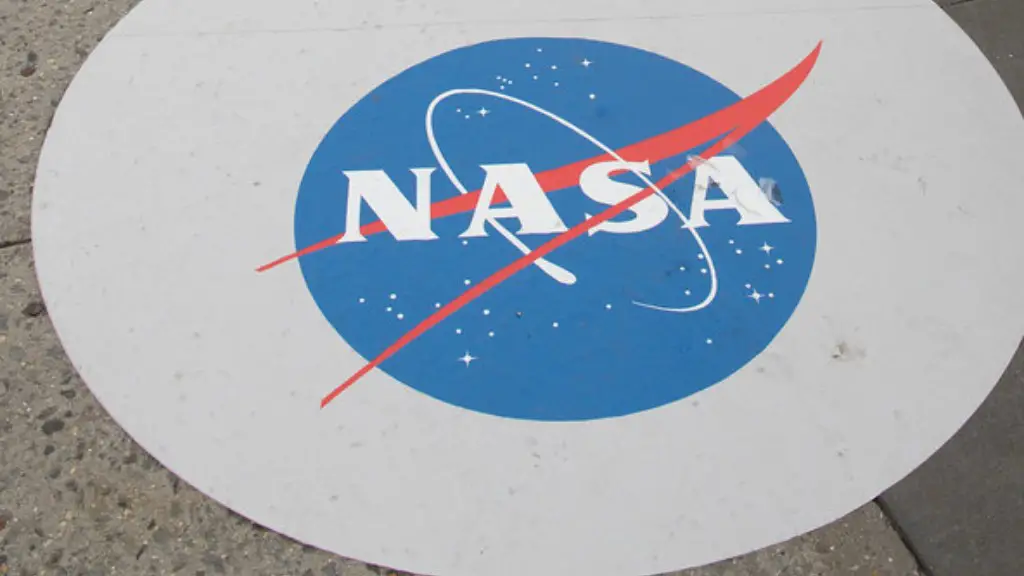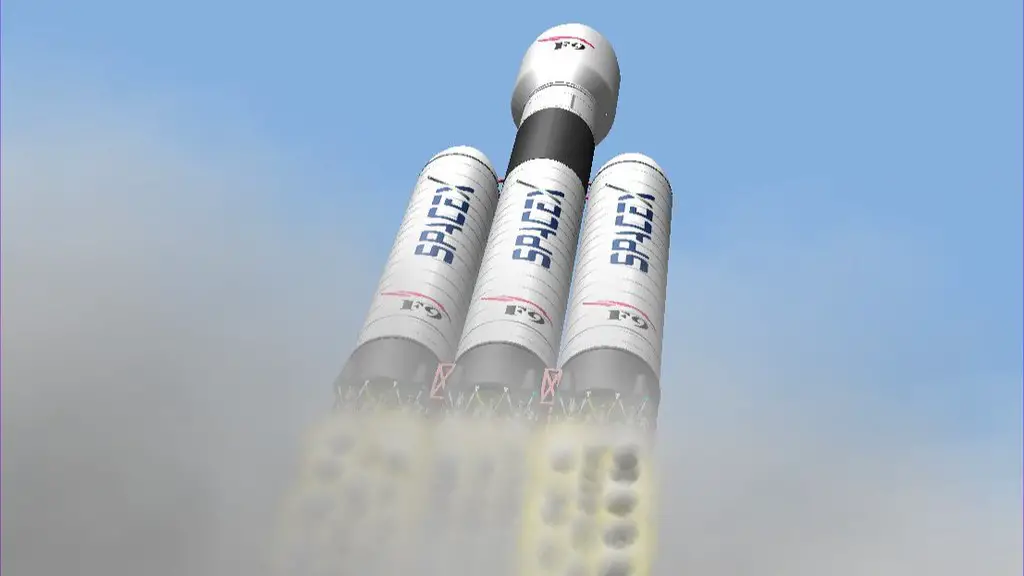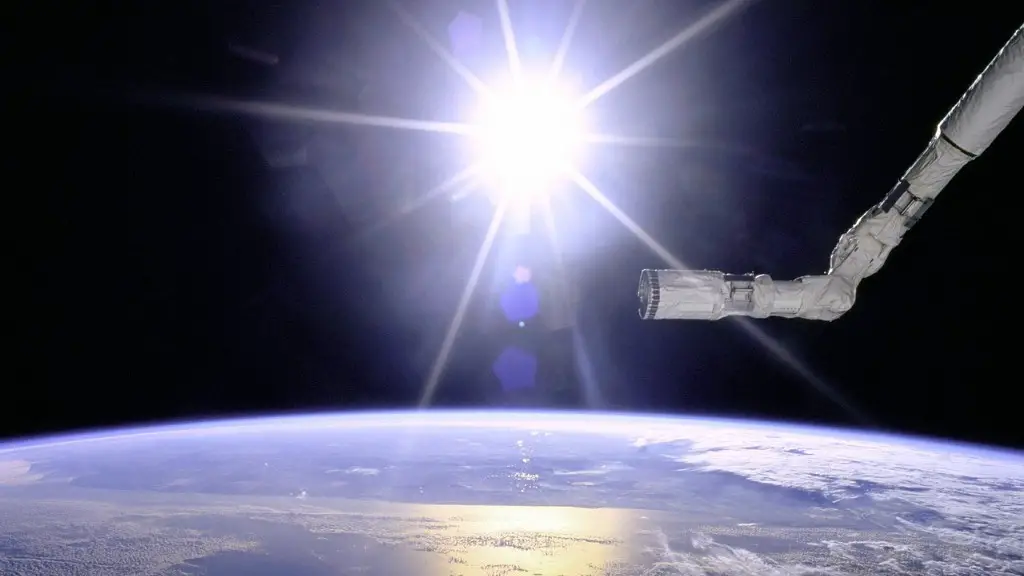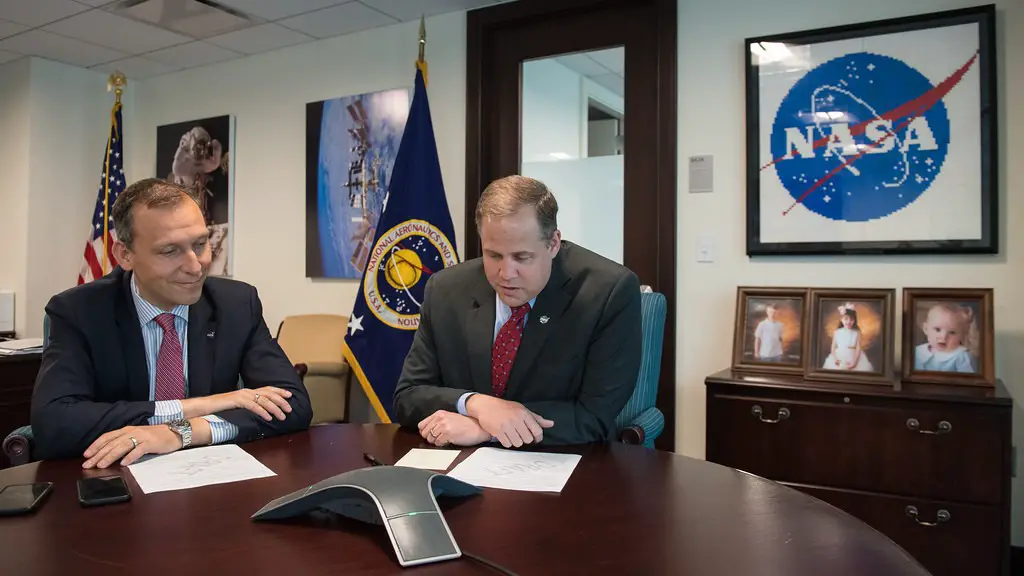Since its establishment in 1958, NASA has helped humans explore and understand our universe and the worlds beyond our own. NASA’s work has led to major scientific and technological advances, including the launch of the first American astronauts into orbit, the development of reusable spacecraft, the discovery of new worlds and the potential for life beyond Earth, and the advancement of critical communication and weather forecasting technologies. Today, NASA’s work continues to expand our knowledge of the universe and keep us safe here on Earth.
Nasa has helped us by giving us a greater understanding of our place in the universe and of the universe itself. They have also given us the ability to explore space and to learn more about the planets and other objects in our solar system.
What has NASA done to help us?
NASA has been responsible for a number of significant scientific and technological achievements. Perhaps most notably, NASA is responsible for the Apollo program which saw humans land on the moon for the first time in 1969. More recently, NASA has been responsible for the International Space Station program which has seen astronauts living and working in space for extended periods of time.
NASA’s impact on the economy is significant. The agency’s work supports jobs nationwide and generates billions of dollars in taxes. This is an investment in American workers and in our future.
How has NASA changed the world
NASA has played a major role in developing many industries that have had a profound impact on the world. Satellite telecommunications, GPS, remote sensing, and space access are just some of the areas where NASA’s contributions have been essential. The first weather imagery to be transmitted from space, the deployment of the first geosynchronous satellite, and human access beyond low Earth orbit are all examples of NASA’s contributions that have changed the world.
There are many different types of medical technologies that have been developed to improve health and medicine. Some of these technologies include infrared ear thermometers, ventricular assist devices, LASIK, cochlear implants, artificial limbs, and light-emitting diodes in medical therapies. Each of these technologies has its own unique benefits that can help improve the health and well-being of patients.
What does NASA do for Earth?
Satellites are an important tool that NASA uses to study Earth. By looking at Earth from space, satellites can take pictures of and collect information about all of Earth’s parts. NASA satellites are especially good for observing clouds, oceans, land and ice. This information helps us to better understand our planet and how it works.
Satellites are critical for understanding and predicting weather patterns. They provide accurate reports on conditions around the globe and warn us of impending storms. They also help track the effects of climate change, such as rising seas, changing moisture levels, wildfires, and atmospheric changes. By connecting millions of people, satellites help us stay informed and safe.
How much does NASA contribute to the economy?
This is great news for the US economy, and it’s a testament to the important work that NASA does. The agency’s economic impact is felt across the country, and its investment in key industries like scientific research and advanced manufacturing helps to support high-paying jobs. We should all be proud of the work that NASA does to support the US economy.
NASA’s economic impact is far-reaching and benefits all 50 states. In total, NASA generates $712 billion in economic output, sustains 339,600 jobs across the nation and generates close to $77 billion in tax revenue. These benefits are vital to the United States’ economy and underscore the importance of investing in space exploration.
Did the space race help the US economy
Money spent on space exploration has been a major boon to the economy, providing jobs for thousands of people across a variety of industries. In addition, the presence of NASA facilities has stimulated economic activity in the surrounding areas, resulting in increased tax revenue and other benefits for the local community.
Each year, hundreds of new technical innovations are generated by space programs and eventually make their way into our earthly technology. Some examples of this include better home appliances, advancements in farming equipment, faster communications, more precise maritime and aerospace technologies, and improved medical care. All of these help to make our lives better in some way or another.
What are 5 things NASA invented?
NASA has invented many things that have had a profound and positive impact on society. Here are five of their most influential inventions:
1. Automatic Implantable Cardioverter Defibrillator: This life-saving device has helped countless people suffering from heart conditions.
2. Tempur-Foam: This material is now widely used in mattresses and other comfort products, thanks to its NASA-developed pressure-reducing properties.
3. GIPSY-OASIS Enriched Baby Formula: This nutritious baby formula was developed by NASA to help ensure the health of premature infants.
4. Firefighter’s Portable Breathing Systems: These life-saving systems were developed by NASA to help firefighters in hazardous situations.
5. Apollo Guidance Computer: This computer was developed by NASA for the Apollo space program and helped pave the way for modern computer technology.
While there are many challenges to working in space, overcoming these challenges has led to many advances in technology and science. These advances have provided benefits to society on Earth in areas including health and medicine, transportation, public safety, consumer goods, energy and environment, information technology, and industrial productivity.
What is the most important thing NASA has done
In response to President John F. Kennedy’s challenge to put a human on the moon in 10 years or less, NASA initiated the Apollo space program. On July 16, 1969, the spacecraft Apollo 11 prepared to launch a crew of three astronauts toward the moon. This was the first time humans had ever attempted to travel to another world.
On July 20, 1969, wearing bulky space suits and backpacks of oxygen to breathe, Neil Armstrong and Edwin “Buzz” Aldrin became the first humans to walk on the moon. As they took their first steps, Armstrong famously said, “That’s one small step for man, one giant leap for mankind.”
The Apollo 11 mission was a remarkable achievement for both NASA and humanity as a whole. It demonstrated that we are capable of explore and pushing the boundaries of our solar system.
NASA launches space missions to research and explore planets and other worlds, study Earth’s climate, answer fundamental questions about the nature of the universe, and study the Sun NASA also conducts aerospace research and funds various space technology development efforts. These missions are important in order to learn more about our place in the universe and to develop new technology that can be used to improve our lives.
Which inventions for space have changed our daily lives?
space technology has led to some great everyday products that we all take for granted. Scratch-resistant lenses, ear thermometers, shoe insoles, invisible braces for teeth, cordless tools, tap water filters, satellite navigation and memory foam are just some of the products that we now enjoy thanks to space research.
The U.S. economy benefits greatly from the activities of NASA. Forty-three states have an economic impact of more than $10 million from the space agency, with eight of those states having an economic impact of $1 billion or more. The benefits of NASA’s activities extend beyond thedirect impact on the economy to also include important indirect and induced impacts. For example, NASA activities help to spur technological innovation, which can lead to new products and services that create even more economic activity and jobs.
Warp Up
NASA has provided us with many breakthroughs in technology and science over the years. They’ve helped us explore and understand our universe better, and have even led to advances in medicine and other fields.
Nasa’s primary focus is space exploration, and through their many programs and initiatives, they have helped us to better understand our place in the universe. They have also shown us the potential for what humans can achieve, both in terms of scientific discovery and technological innovation. In addition, Nasa’s efforts have inspired people of all ages to pursue careers in STEM fields, which in turn has helped to drive progress in these areas.
